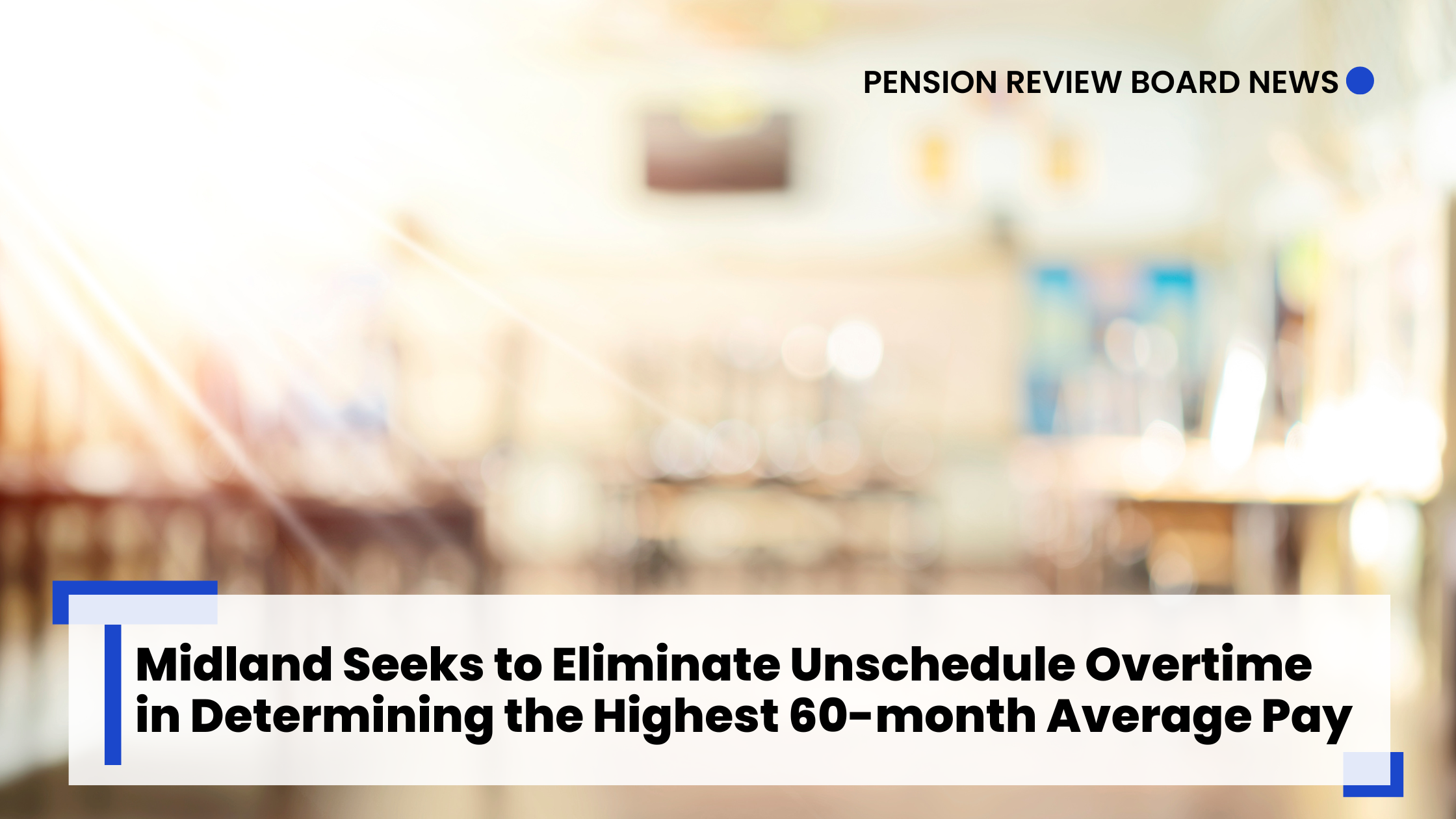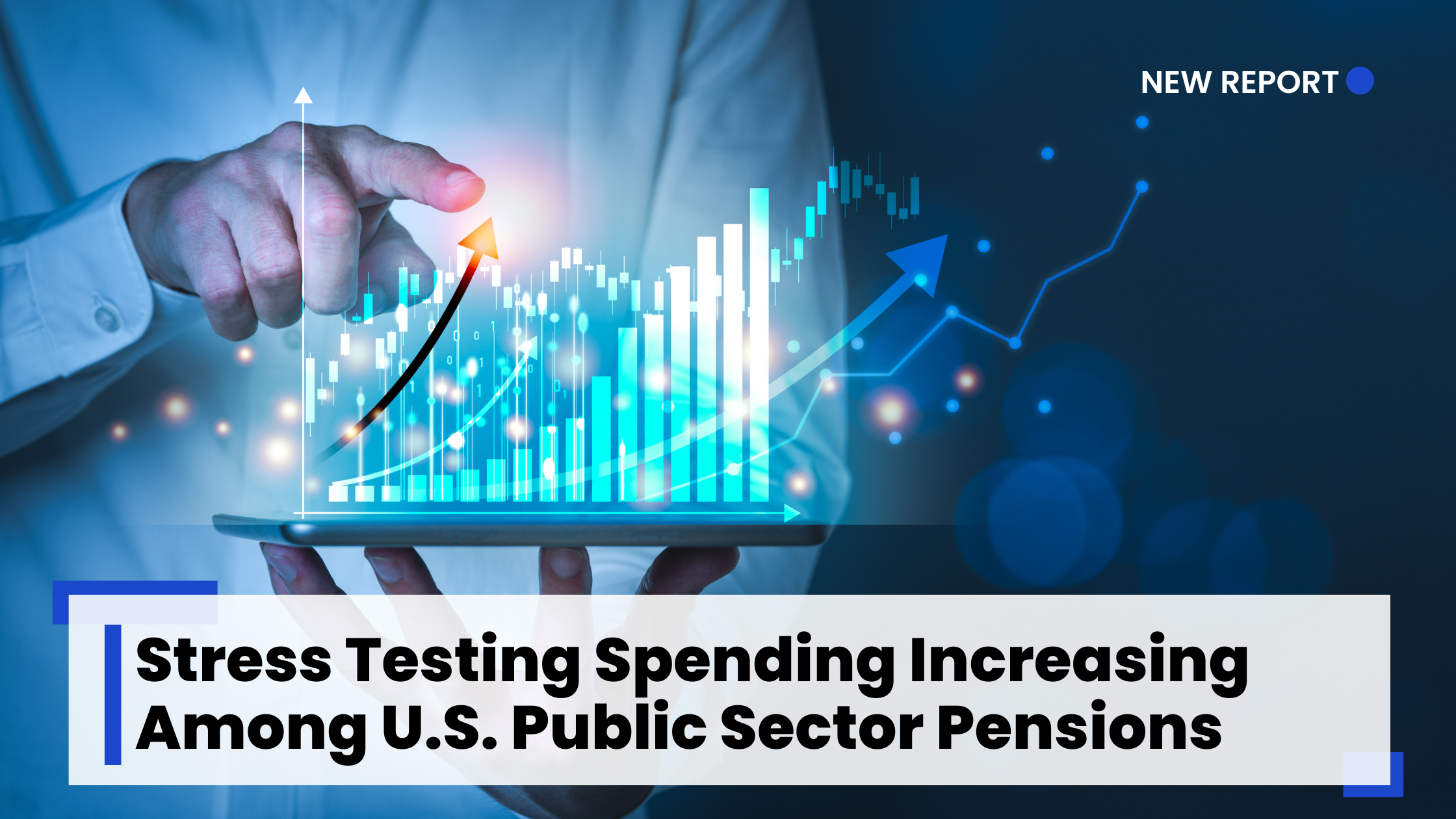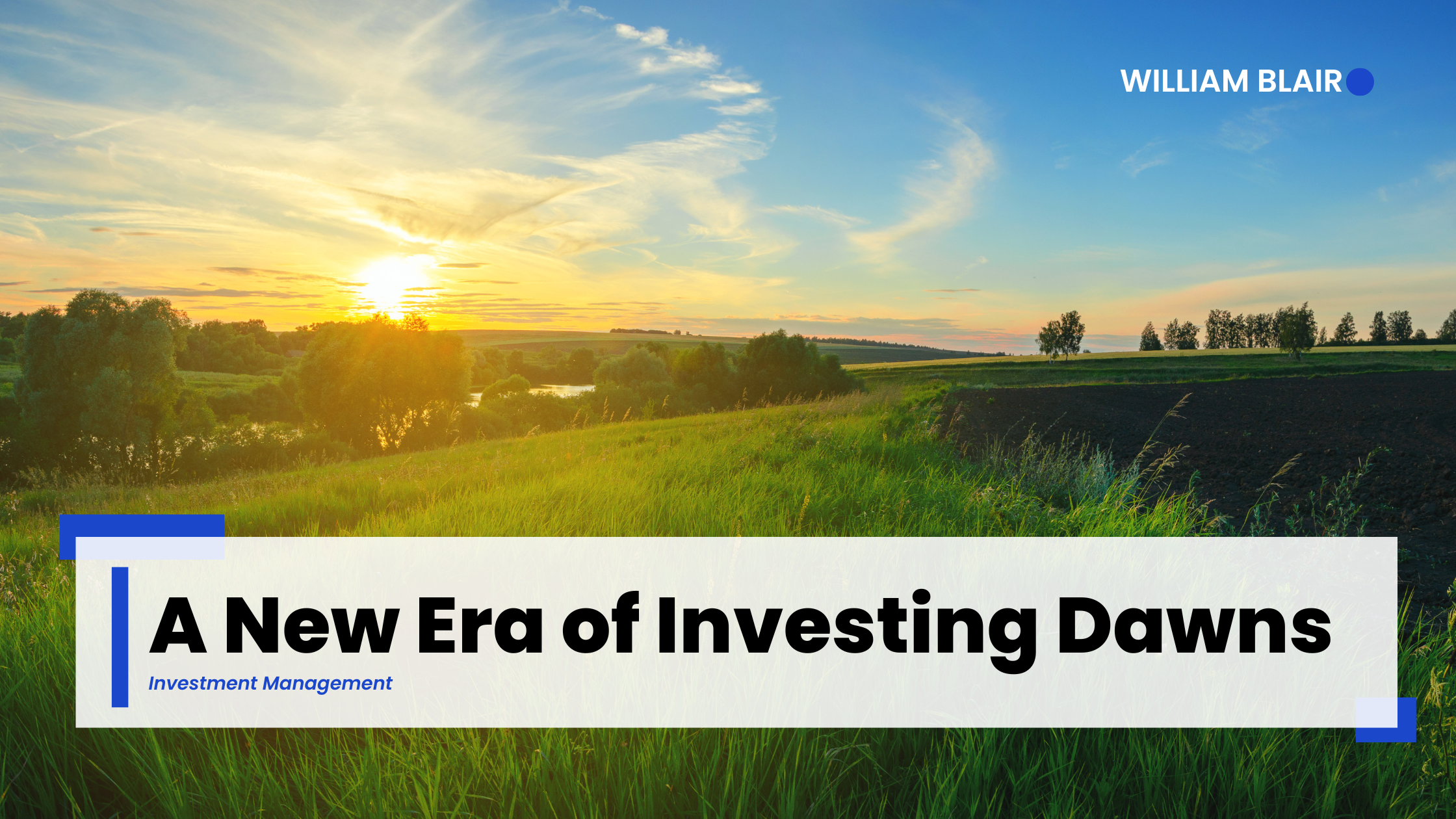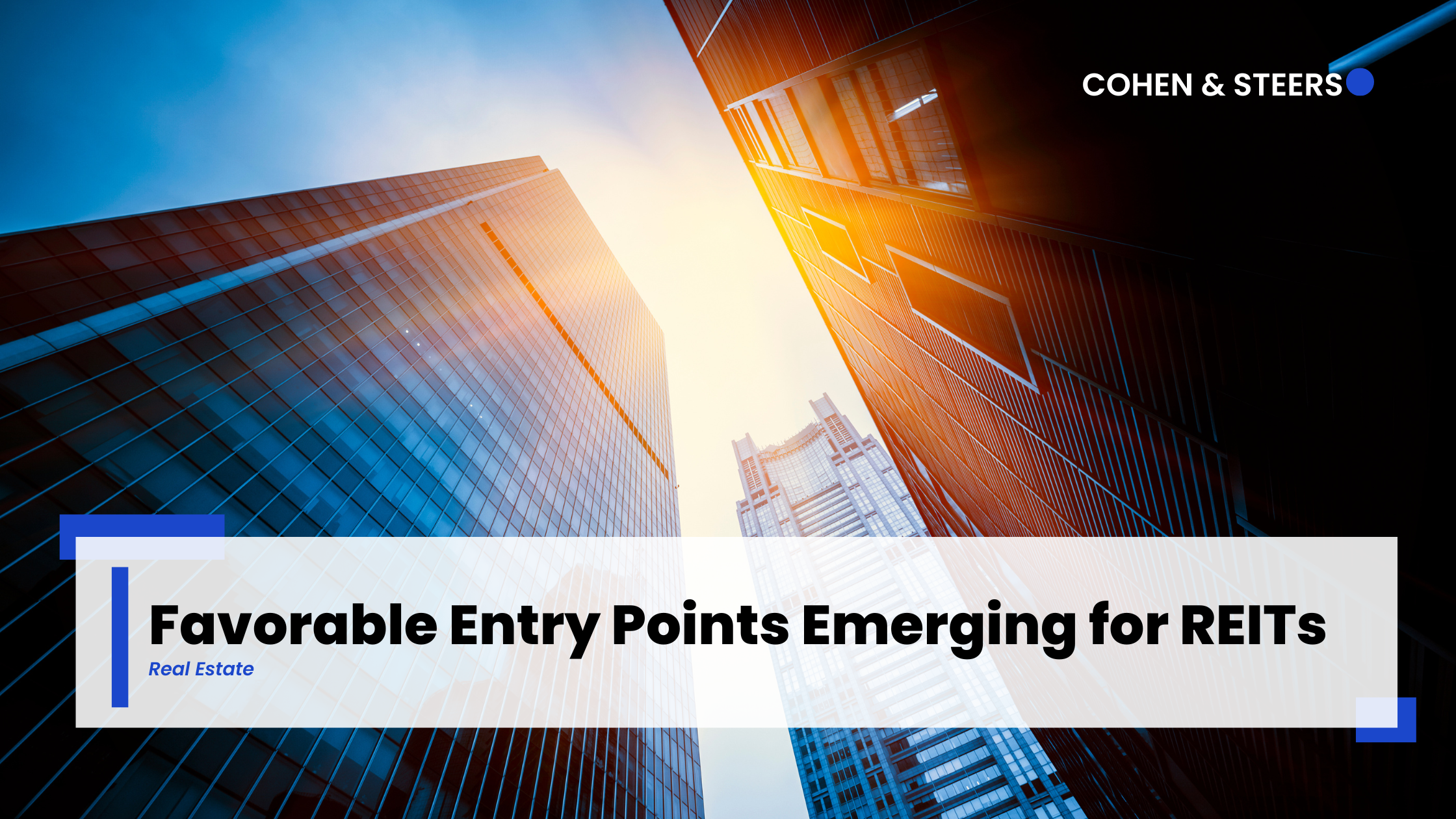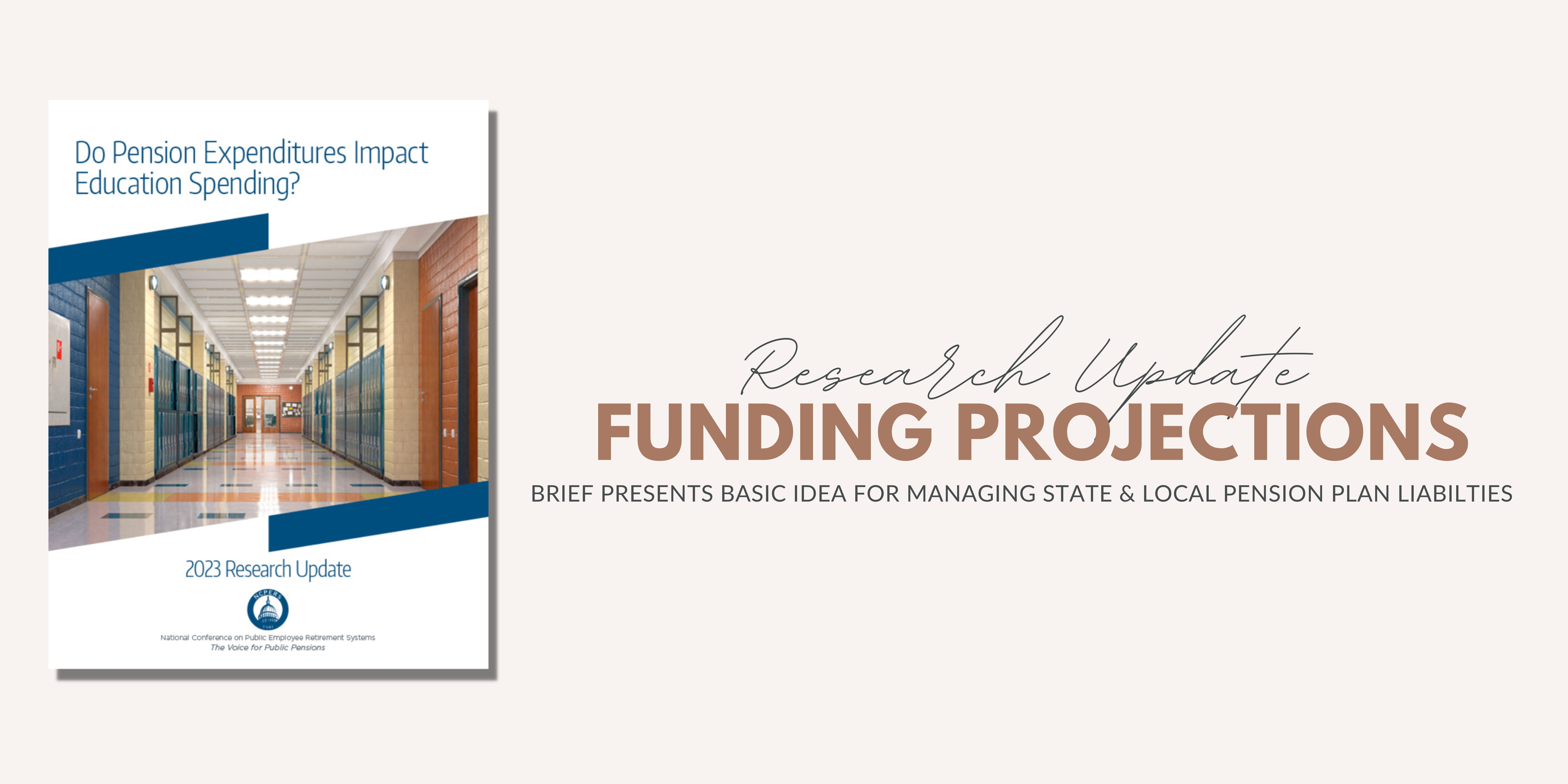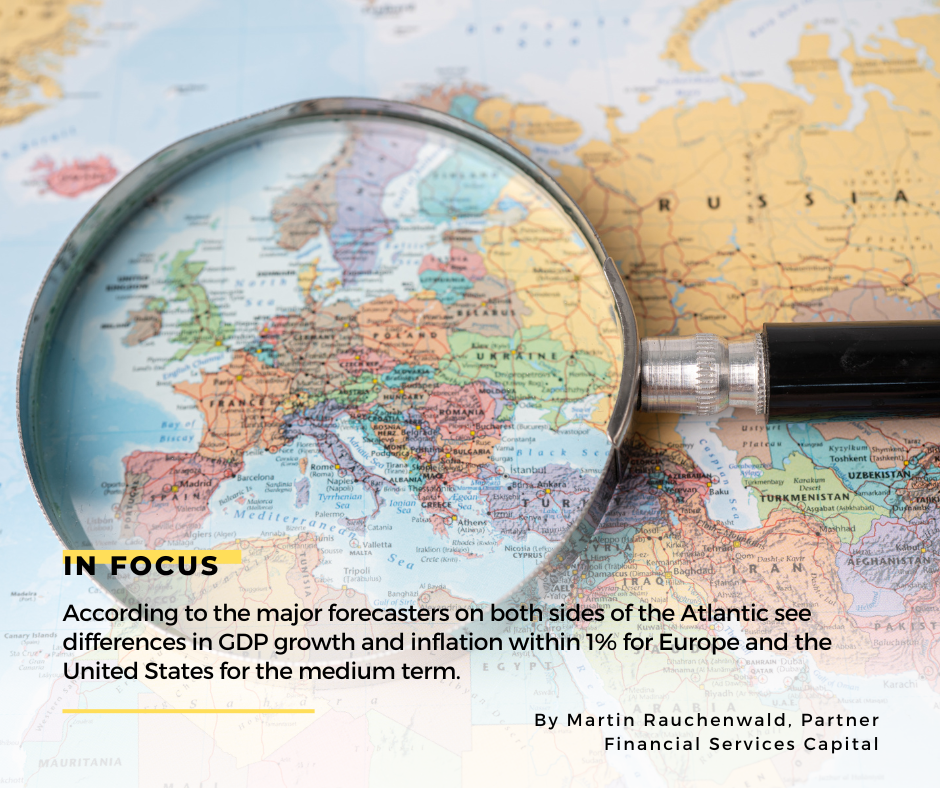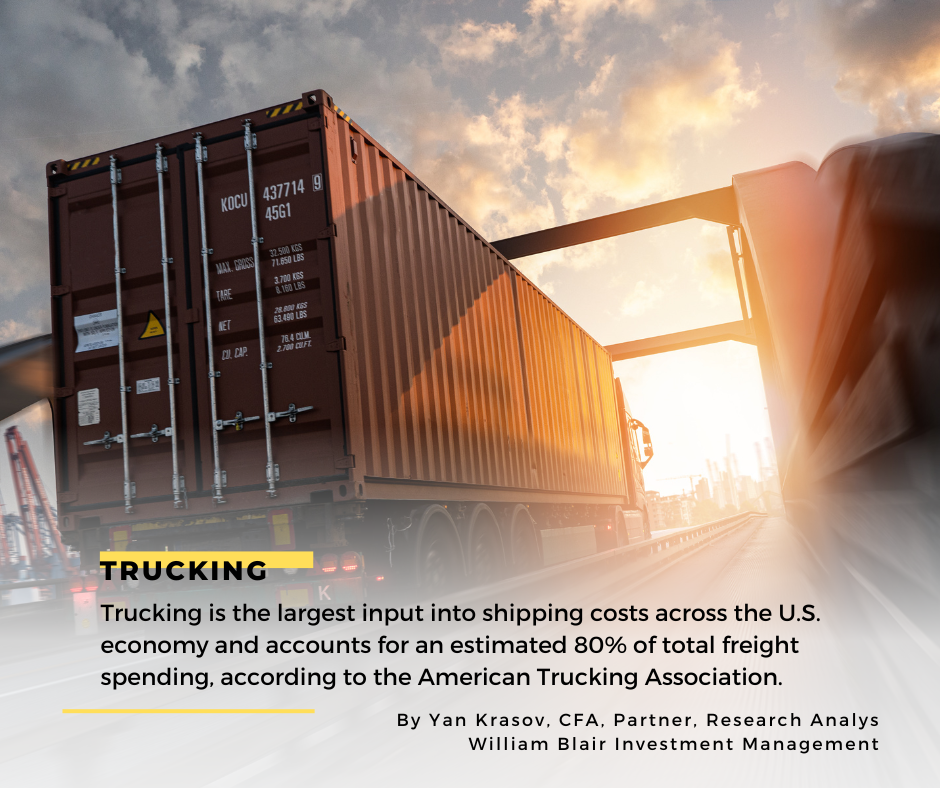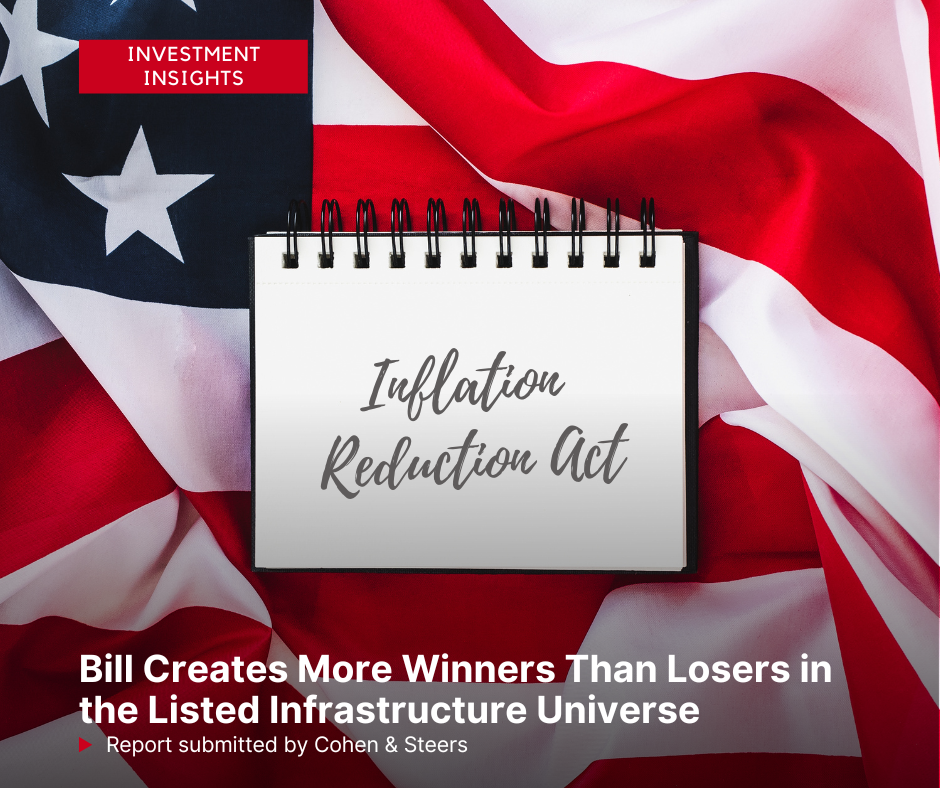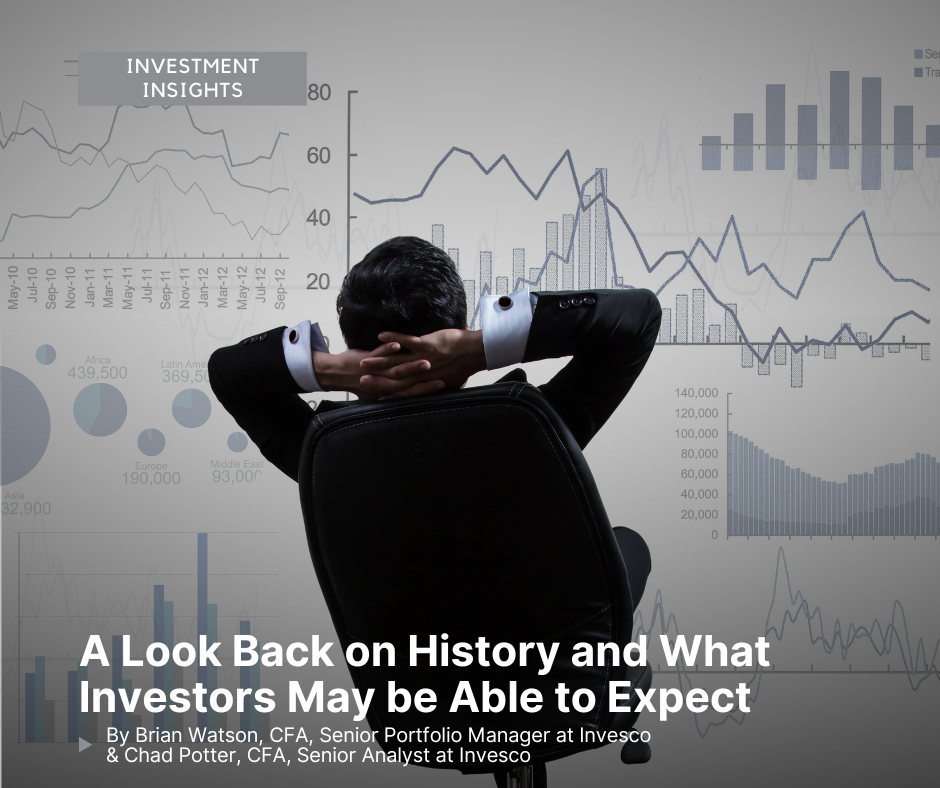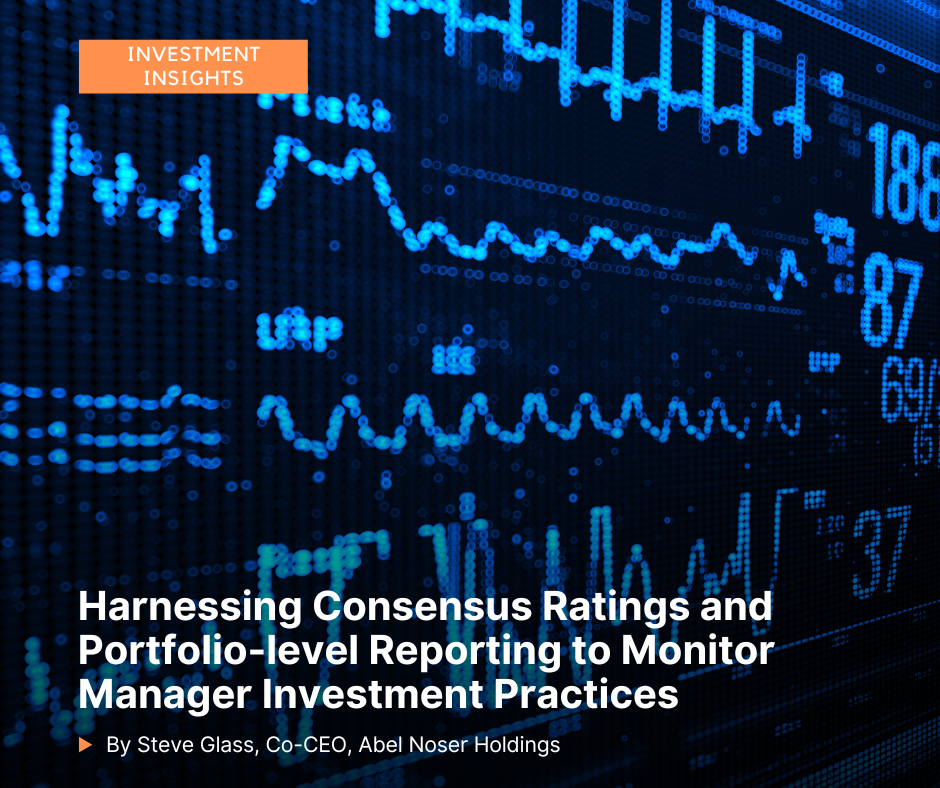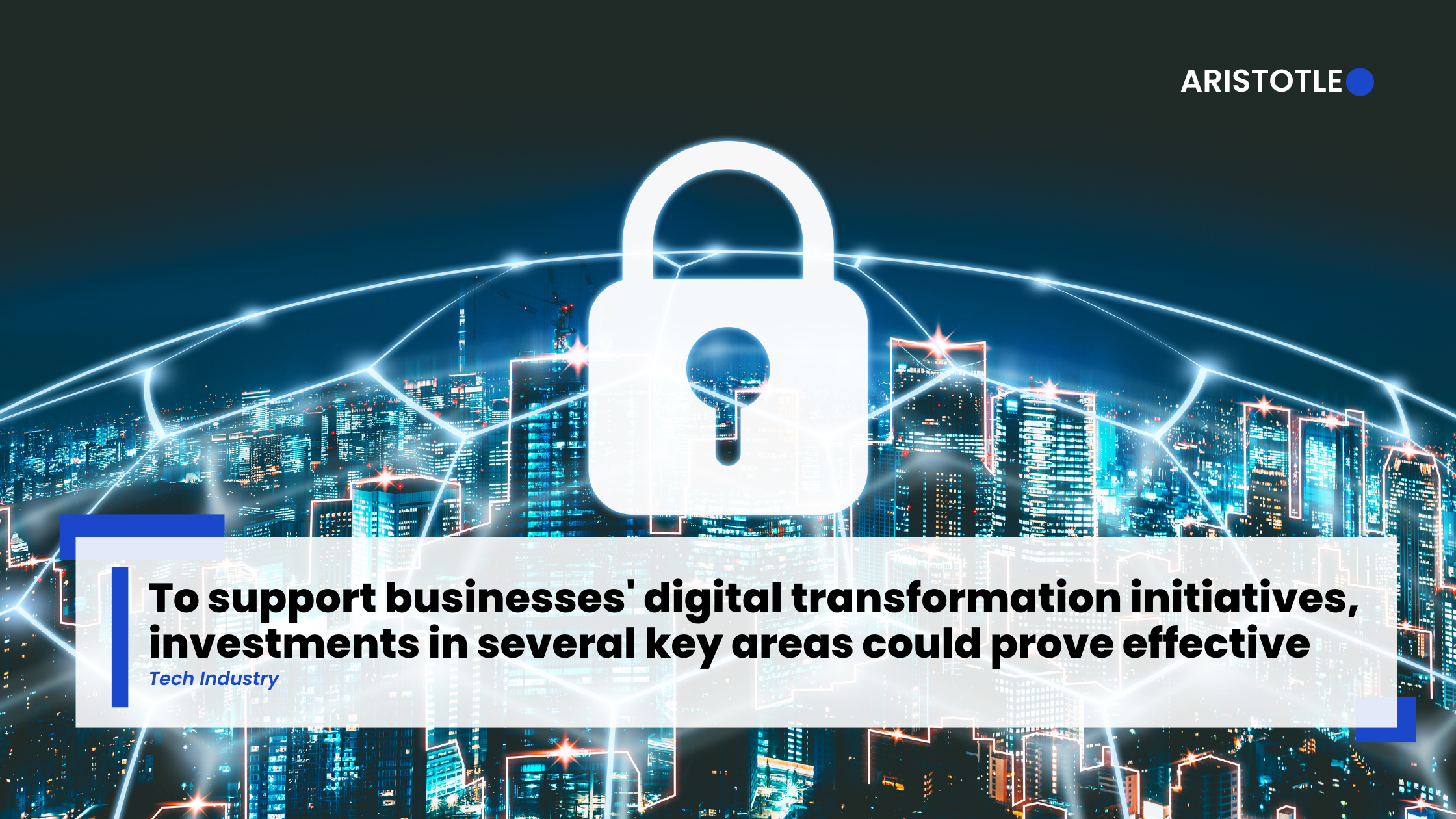
Over the past decade, as businesses have undertaken digital transformation initiatives to improve efficiencies and outcomes, cyberattacks have continued to increase in both frequency and complexity. These cyberattacks are increasingly committed by well-funded criminal and state-sanctioned groups seeking to exploit vulnerabilities and disrupt operations for financial gain or to steal intellectual property and other sensitive data for competitive gains or national intelligence purposes. Since the onset of the COVID-19 pandemic, businesses of all sizes have responded to new, unexpected customer and employee needs by accelerating their investments in digital technologies. These investments have not only driven positive business outcomes but have also created new areas of vulnerability for companies across their entire technology supply chain and infrastructure. The increase in the number of endpoints resulting from the exponential growth of mobile computing and Internet of Things (IoT) devices, as well as the larger technology infrastructure surface areas supporting cloud-computing needs, has provided cyber attackers with more areas to potentially exploit and gain unauthorized access. These cyberattacks contribute to a wide variety of adverse outcomes—lost revenue from network downtime, increased costs from ransom payments, fines and/or mitigation spending, lost data integrity, impact to the business from increased reputational risk and, in certain cases, national security risks. As businesses continue to invest in digital transformation to accelerate growth initiatives, the increased threat from cyber criminals will also require larger and more targeted investments in next-generation cybersecurity defense technology to protect digital assets and networks while minimizing the operational and financial costs of a cyberattack.





